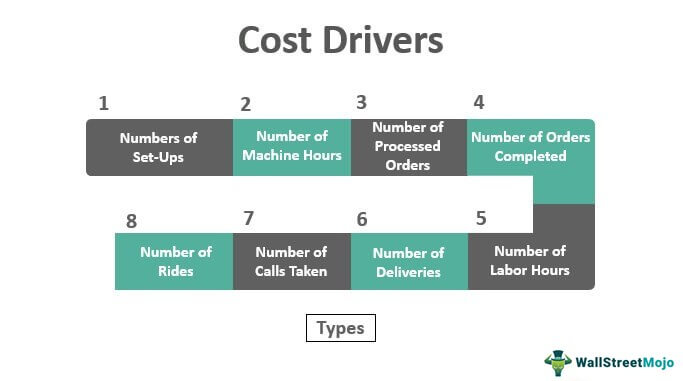

These issues are important to me as a central banker, as they affect the long-term health and productivity of the economy, and the economic opportunities available to our people. We need to do better in preparing workers to deal with the challenges of globalization and technological change. Instead, we need to provide greater support to displaced workers so they can obtain the skills needed to find new well-paying jobs.

Third, the answer to those challenges is not greater protectionism. We have not adequately considered and remedied the very large costs this can impose on certain communities and households. Second, how changes in trade can create challenges for industries that become less competitive. I will highlight three themes:įirst, the important role that trade plays in promoting higher standards of living globally. In my remarks today, I will focus on the role of globalization as a force for international economic integration and economic development. Globalization means different things to different people. This debate is important to all of us, and I think it is particularly relevant to India given its growing role in the global economy. Although the debate about the benefits and challenges of globalization is not new, it has recently come into sharper focus.

It is a pleasure to have the opportunity today to talk about the issue of globalization. As always, what I have to say reflects my views and not necessarily those of the Federal Open Market Committee or the Federal Reserve System. Thanks, Ashish, and thanks to the U.S.-India Business Council, the Confederation of Indian Industry, and the Bombay Stock Exchange for organizing this event.


 0 kommentar(er)
0 kommentar(er)
